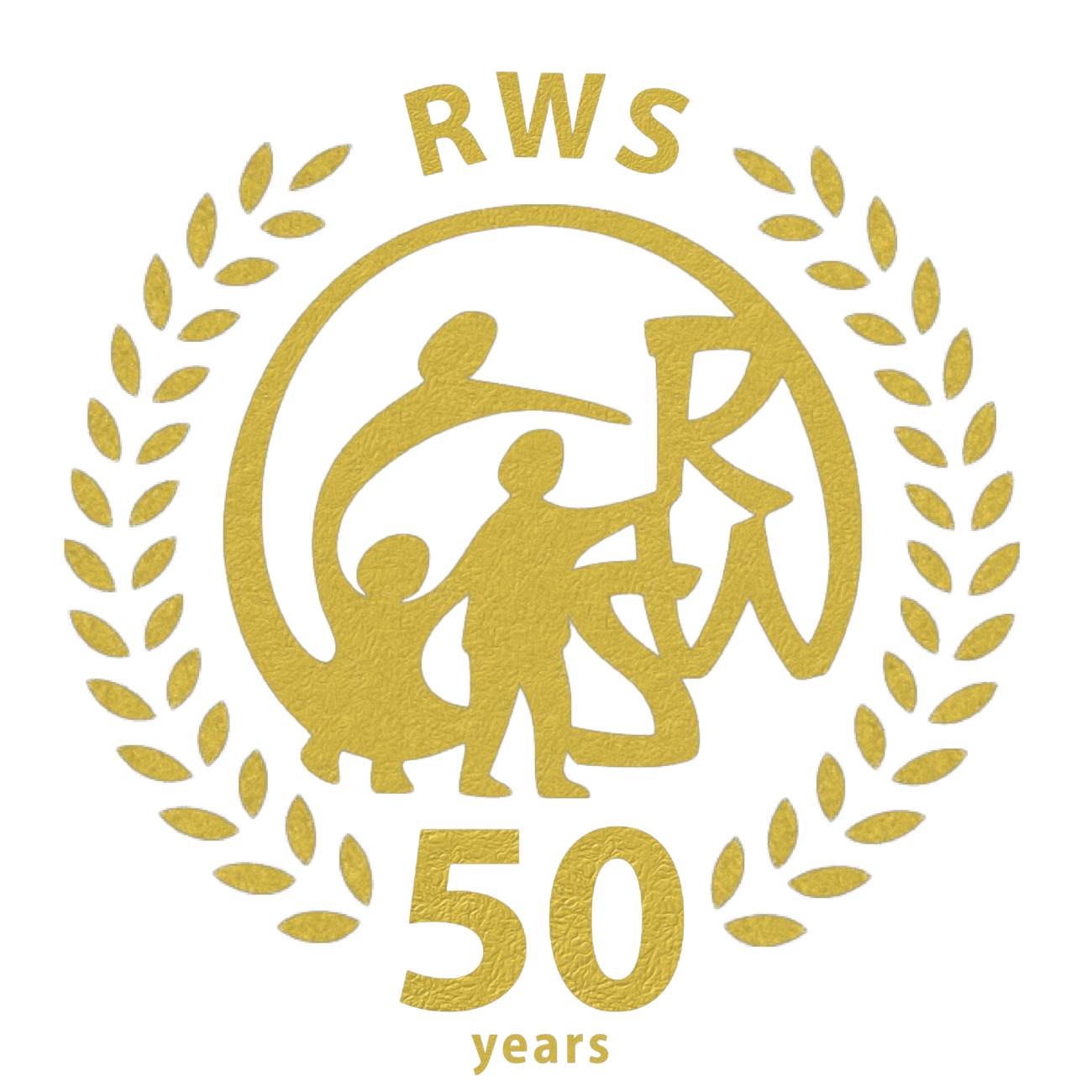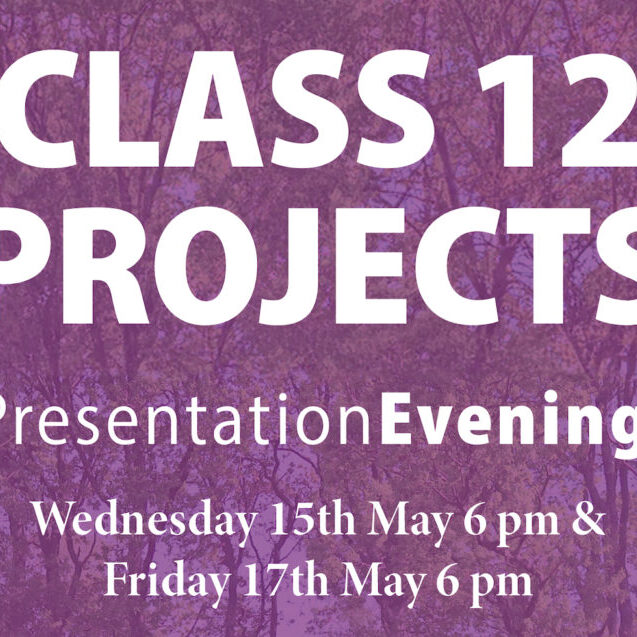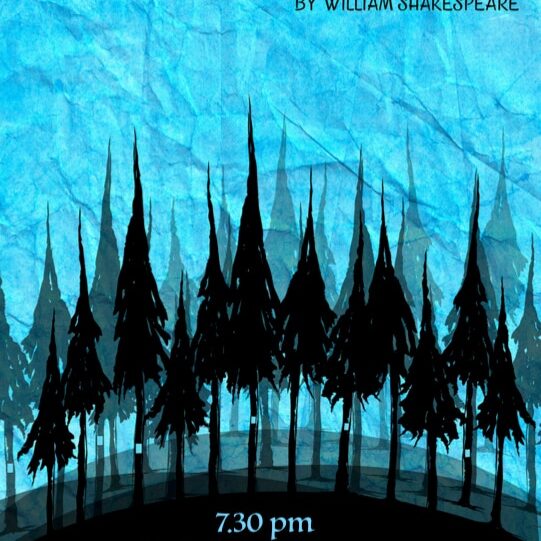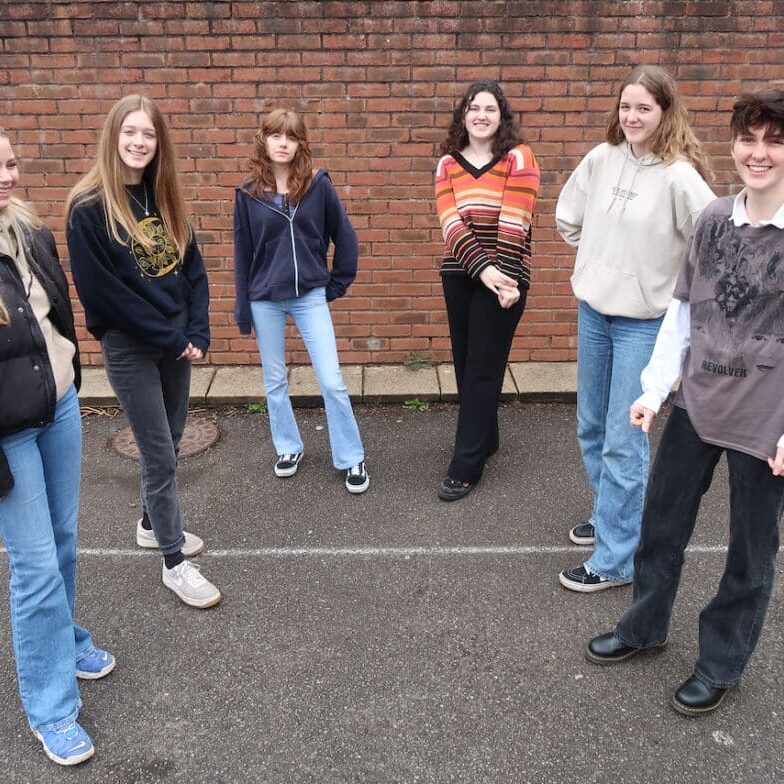For Choice in Education
The Upper School
Sense of Self
The adolescent has reached a stage of development in which the individual sense of self is in the process of emerging with a growing intellect and search for truth. As teenagers mature inwardly, they also grow socially. The teenage years are when adolescents hone their powers of judgement and seek to align their inner ideals with truths they experience in nature and culture. During this period, adolescents crave strong sense impressions, actively test limits, and seek truthful answers to questions of destiny and purpose. They need experiences that exercise their growing intellect, imagination and physical and emotional bodies and expand capacities for personal and social involvement.
Child Development
Waldorf Education builds on child development and the premise that what begins in kindergarten comes to fruition at age 18. The curriculum has been nurturing that development from age five onwards. First, creating an environment where the young child can feel safe and cared for and imitation carries the learning process.
From the beginning of the class teacher years, the child’s development expects the teachers to accommodate their need for love and learning to love - during these years, the emphasis moves from imitation to helping them form sustainable habits, embedding capacities for memory and learning while keeping imagination unfettered.
Tolerance and Love
The third phase of development enables the child (from 14 years), the young person by then (we probably would not have considered calling a child up to this age a person) to manifest faculties relating to the world around in a contemplative, conscientious and creative way. They would look for respect, trust and interest from parents, teachers and class members; they would express and practise towards others similar qualities, and possibly most importantly, would become able to show love. Tolerance towards others is a chief outcome of the turmoils of adolescence, and the faculty of judgement is called for.
The last two years of the Waldorf school (Classes Eleven and Twelve), through its curriculum and teaching in the spirit of freedom, affords the pupils to pick the fruits of this education: it is harvest time when we take home the goods of the toil of the preceding years. The last year can be the year of revelation to the pupils of Waldorf in the form of appreciation and understanding of the journey they have experienced.
The Upper School Curriculum
The educational material is brought in a way that students feel challenged intellectually, their feelings are touched, and they have the opportunity to form their own relationship to the content.
Qualifications
To graduate at RWUS, pupils must successfully complete at least 80 credits. Those credits are earned throughout classes 9 to 12. There are around 90 credits available in total over the course of the four years of study in the Upper School.
International Students
It is a great environment to improve your English at your own speed and to help you, we offer EFL (English as a Foreign Language) lessons to all non-native speaker students.












